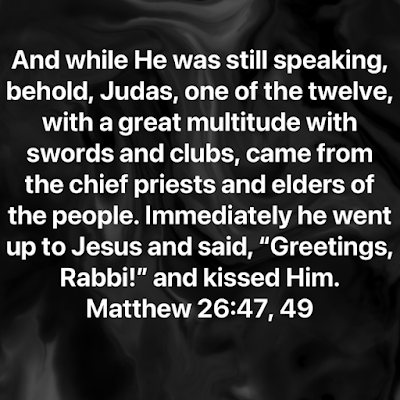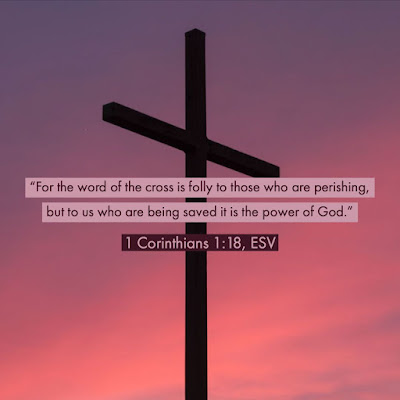Most evangelicals are familiar with Ephesians 2:8-9, “For by grace you have been saved through faith, and that not of yourselves; it is the gift of God, not of works, lest anyone should boast.” We ought to have those words embedded in our mind.
Yet, we may not be as acquainted with the next verse, “For we are His workmanship, created in Christ Jesus for good works, which God prepared beforehand that we should walk in them,” (v. 10). These go together—two sides of the same coin of salvation. While we are saved apart from our works—the root of salvation is solely in the work of Christ—our salvation is never apart from producing works—the fruit of salvation is seen in the work of Christ in Christians. The quote attributed to Martin Luther states it, “We are saved by faith alone, but the faith that saves is never alone.”
We are saved to serve. That is true of every child of God. This Gospel message must be preached. It must also be observed in the preacher’s life as well as heard from his lips. Otherwise the words ring hollow and we may be branded a hypocrite. The call is, “Practice what you preach!”
Ours is a POETIC LIFE, “For we are His workmanship…”. The Greek word for “workmanship,” is poiema. Our English word, “poem,” is derived from that. We might say it is a life that is “poetry in motion.” I heard my mentor, Dr. Stephen Olford, put it, “a life of rhyme and reason.”
God is the Author. He has written the script in His providence. As I look back over the course of my nearly seventy years of life, I can see how God has worked in me and through me. What may seem isolated events at the time, are now seen to be lines of sacred verse that God has been putting together. Since we are still here on earth, we may be sure there are more stanzas to be written.
Ours is also a PRACTICAL LIFE, “created in Christ Jesus for good works…”. Orthodoxy in our doctrine leads to orthopraxy in our duty. If our belief is Biblical, then our behavior will be practical. God sovereignly created Adam and Eve for a sacred responsibility—to steward the creation and to shun the temptation. Yet, they failed. Sin is now part of our natural state.
Jesus came to give us a new nature—to fashion a new creation in Christ. This is regeneration. Yet, we are to flesh out our faith in daily duty. In Christ, His crucifixion means we die to self, sin, and this sphere of the world system (cf. Gal. 6:14), as we have been crucified with Christ. Nevertheless, we live, so in Christ’s resurrection we live for Him—yet, not I but Christ living in and through me, (cf. Gal. 2:20; Rom. 6).
Further, ours is a PREPARED LIFE, “which God prepared beforehand…”. Before you were born, God already knew you. He fashioned you in your mother’s womb, infusing you with personality and capacity to be His choice servant. Then, He directed your life to the point of conviction of sin and conversion to salvation by the Gospel of grace.
How all this transpired has been the topic of theological debate for two millennia of church history—so I will not attempt to resolve every question in this brief devotion. Yet, we cannot deny that God is sovereign and He orchestrates all things to the fulfillment of His will. This all redounds to His glory.
Perhaps you are familiar with the quote, “Try to explain predestination and you may lose your mind. Try to explain it away and you may lose your soul.” I am content to accept there is mystery in the harmony of God’s sovereignty in His choices and my responsibility for my choices. To paraphrase the Shorter Westminster Catechism, “The chief end of [Dennis] is to glorify God and enjoy Him forever.” You can insert your name into that, as well.
In conclusion, ours is a PROGRESSIVE LIFE, “that we should walk in them.” Perfection is not attainable on earth. That awaits eternity—to be glorified when we see Jesus face to face, “but we know that when He is revealed, we shall be like Him, for we shall see Him as He is,” (1 Jn. 3:2b). While perfection is not attainable, progression is achievable. John also said, “Beloved, now we are the children of God…. And everyone who has this hope in Him purifies himself, just as He is pure,” (1 Jn. 3:2a, 3). More and more, as I express the life of Christ within, I exhibit more of His likeness without.
Jesus is the Model Servant. He set the example for us. We are being like Him than when we are serving others. We are saved to serve!












